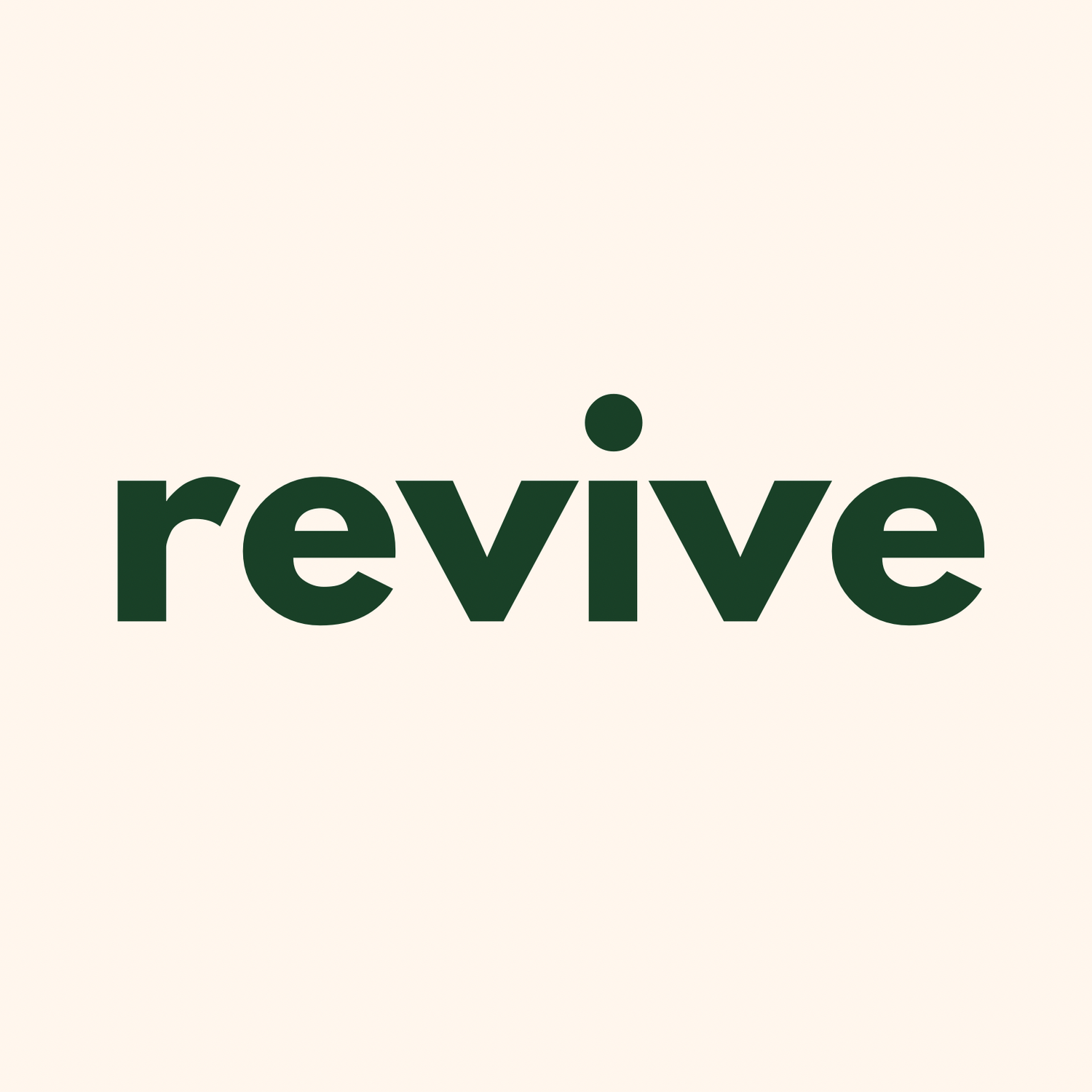The Art of Doing Nothing

-
In today’s fast-paced, always-on culture, the pressure to constantly achieve and produce can feel unrelenting. It’s no wonder that so many of us equate our self-worth with how much we accomplish in a day. From the moment we wake up, we’re bombarded with notifications, tasks, and reminders, all of which reinforce the idea that time is money and productivity is paramount. Whether it’s hustling through work projects, staying on top of social obligations, or even squeezing in “productive” hobbies, the need to stay busy can leave little room for one crucial activity: doing absolutely nothing.
But here’s a revolutionary idea—your life doesn’t need to be packed with achievements 24/7 to have meaning. In fact, embracing purposeful rest—the art of doing nothing—might be one of the most meaningful, transformative things you can do for yourself.
This isn’t about laziness or shirking responsibilities; it’s about recognizing that rest is as vital as action. By stepping away from the grind and allowing yourself time to recharge, you can improve your mental and physical health, reconnect with your inner self, and even enhance your productivity in the long run. Let’s dive deeper into why doing nothing matters, how it benefits your body and mind, and what steps you can take to give yourself permission to rest.
The Productivity Trap: Why We Struggle to Rest
-
-
Why is it so hard to do nothing? For many of us, it’s a combination of cultural conditioning and internalized beliefs. Modern society glorifies the hustle. We’re taught that busyness equals success, and idleness is something to feel guilty about. Social media adds to the pressure, constantly showcasing others’ achievements and making us feel like we’re falling behind if we take a break.
Psychologists call this the "productivity trap," where our self-esteem becomes tied to how much we accomplish. This mindset isn’t just exhausting—it’s harmful. Studies show that overwork and chronic stress can lead to burnout, decreased mental clarity, and even long-term health problems like cardiovascular disease.
Moreover, the drive for constant productivity can rob us of the ability to enjoy the present moment. When we’re always chasing the next task, goal, or achievement, we miss out on the simple joys of life—spending time with loved ones, savoring a meal, or simply appreciating a quiet evening. By stepping away from this relentless cycle, we reclaim our ability to find meaning and fulfillment in life’s small, beautiful moments.
Embracing rest requires us to unlearn these harmful beliefs and recognize that we are human beings, not human doings. Your worth isn’t determined by your to-do list; it’s inherent.
How to Embrace Rest Without Guilt
-

-
Rest isn’t a luxury—it’s a necessity. To truly embrace the art of doing nothing, start by reframing your mindset. Downtime is not wasted time; it’s an essential component of maintaining your health and well-being. Viewing rest as an integral form of self-care can help you let go of the guilt associated with taking breaks.
Protecting your time is another critical step. Just as you would prioritize a meeting or deadline, carve out moments of rest and treat them as non-negotiable. Turn off notifications, decline additional commitments, and allow yourself uninterrupted stillness. Setting these boundaries sends a clear message to yourself and others that your well-being matters.
Doing nothing doesn’t have to mean sitting in silence (although it can). Restful activities like lying in bed listening to music, wandering without a destination, or gazing at the sky all provide space for your mind and body to recharge. Experiment with what feels restorative to you, and allow yourself to savor those moments.
Finally, let go of the idea that rest must be earned. You don’t need to justify taking a break; rest is a human need, not a reward. Practicing self-compassion can reinforce this idea, helping you recognize that caring for yourself is essential, not selfish. By embracing rest without guilt, you create the foundation for a healthier, more balanced life.
How Doing Nothing Benefits the Body
-

Physical Repair and Recovery
When you rest, your body enters a state of recovery. This is especially important for your cardiovascular system, immune function, and cellular repair. The National Institutes of Health (NIH) explains that during rest, your heart rate decreases, and blood pressure stabilizes, reducing the risk of chronic illnesses like hypertension and heart disease.
-

Improved Sleep Quality
Resting during the day can have a ripple effect on your sleep patterns. Downtime helps regulate your circadian rhythm, ensuring you fall asleep more easily and experience deeper, more restorative sleep. This connection is well-documented by the Sleep Foundation, which highlights how even brief periods of relaxation can promote better sleep.
-

Enhanced Physical Performance
Whether you’re an athlete or a casual gym-goer, rest is critical for performance. Recovery time allows your muscles to heal and grow stronger, preventing injury and fatigue. A 2017 study in Sports Medicine found that active recovery—such as light stretching or mindfulness exercises—can significantly improve physical endurance over time.
-

-
Incorporating rest into your routine doesn’t require drastic changes; even small steps can have a significant impact over time. Start by carving out 10 to 15 minutes each day for intentional rest. This could be as simple as sitting quietly with a cup of tea, closing your eyes to breathe deeply, or taking a slow walk without a specific purpose or destination. The key is to let go of the urge to fill this time with productivity or distractions. Allow yourself to be fully present, savoring the stillness without guilt or judgment.
As you integrate these moments into your day, you may find them becoming habits that feel as natural and essential as brushing your teeth. These small pauses can help you reset, reducing stress and improving your energy levels, focus, and mental clarity. Over time, you may notice that these restful moments enhance not only your mood but also your overall effectiveness, allowing you to approach tasks with greater creativity and resilience.
Even history’s most accomplished individuals recognized the value of rest. Albert Einstein, for example, was known to daydream and spend hours in quiet thought, often finding inspiration in these seemingly idle moments. Similarly, many great thinkers and innovators have credited their breakthroughs to times of introspection, when their minds were free to wander.
These examples remind us that rest isn’t just about recovery—it’s a catalyst for growth and innovation. By giving yourself permission to pause, you create space for new ideas, deeper insights, and a renewed sense of purpose. So, instead of viewing rest as time wasted, consider it an investment in your well-being and future potential.
-
Another way to embrace rest is through the increasingly popular concept of having "rot days." Originating from social media, this trend involves intentionally dedicating a day to doing absolutely nothing productive—lounging in bed, binge-watching shows, eating comfort food, or simply existing without a plan. While the term might sound dramatic, the idea behind it is profound: allowing yourself to completely detach from the pressures of productivity and expectations.
Rot days are a form of radical self-care, offering a chance to fully recharge mentally and physically. They create a buffer against burnout by giving your mind permission to rest and your body the space to recover from the relentless demands of daily life. By leaning into these unstructured moments, you remind yourself that it’s okay to simply be, without achieving, striving, or pushing forward.
Incorporating rot days into your routine, whether once a month or whenever you feel overwhelmed, can provide a much-needed reset. These intentional pauses aren’t about laziness—they’re about honoring your need for rest and restoring your energy so you can approach life’s challenges with a clearer mind and fuller heart.
The Emotional Benefits of Doing Nothing
-
-
In today’s digital age, one of the biggest challenges to embracing rest is the constant comparison triggered by social media. We are bombarded with curated images of people seemingly living their best lives—starting businesses, achieving career milestones, traveling to exotic locations, or juggling multiple hobbies while still managing to stay fit and social. This endless stream of achievement can create the illusion that everyone but you is thriving and productive, which can lead to feelings of inadequacy or anxiety.
What we often forget is that social media is a highlight reel, not reality. People post their successes, not their struggles. The photos of perfectly plated meals, intense gym sessions, or bustling work schedules don’t show the exhaustion, stress, or quiet moments of doubt that happen behind the scenes. In reality, no one is productive or thriving 24/7—it’s simply not possible. Yet, the constant exposure to this carefully edited content can warp our perceptions, making us feel like we’re falling short if we take a day to rest or do nothing.
This comparison trap can leave us feeling that rest is a luxury we can’t afford or something we have to earn by working hard enough. The pressure to "keep up" can create a vicious cycle of overcommitment and burnout. But here’s the truth: stepping back and doing nothing doesn’t make you less capable or less valuable. In fact, those who regularly take time to rest and recharge are often the ones who come back more focused, creative, and ready to tackle challenges.
Understanding the false narrative of social media can help us reframe our perspective. By recognizing that rest isn’t a sign of weakness but a vital part of the human experience, we free ourselves from the unrealistic expectations perpetuated online. True success isn’t about being perpetually busy; it’s about finding balance and making room for joy, reflection, and restoration.
Rest Is Revolutionary
-

-
In a world that demands constant action, choosing to rest is a radical act of self-care. It’s a way of honoring your body’s needs, protecting your mental health, and reconnecting with what truly matters. Rest is not just a pause but a powerful act of reclaiming control over your well-being in a culture that glorifies busyness. By embracing the art of doing nothing, you give yourself permission to live a more balanced, meaningful life—one that isn’t defined solely by achievements but by moments of joy, connection, and inner peace.
So, the next time you feel guilty for taking a break, remember this: Rest isn’t wasted time. It’s the foundation upon which everything else is built. When you allow yourself to step back and recharge, you’re not only preserving your energy but also cultivating a life that celebrates being present. Rest enables you to show up more fully for your passions, relationships, and, most importantly, yourself.
